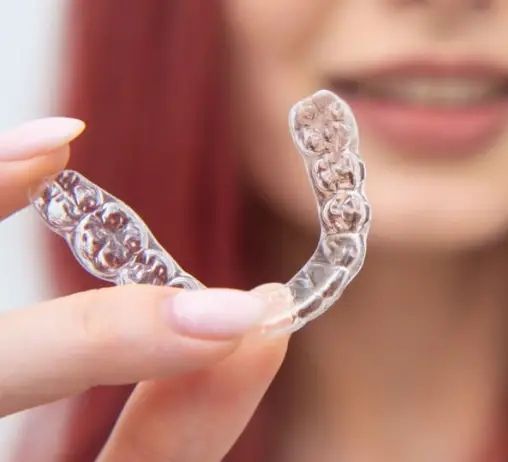
How to Clean Mouth Guard?
There are many ways to clean a mouth guard, but the most common ones are using gentle soap, bleach, denture cleaner, or toothpaste. Here are some steps for each method:
- Using gentle soap: Get a toothbrush specifically for cleaning the mouth guard and put a small amount of soap on it. Use lukewarm water to create suds and gently brush the mouth guard. Rinse well under warm water and store in a case.
- Using bleach: Make a bleach solution with one part bleach and 10 parts water. Soak your mouth guard for 5 to 10 minutes and then rinse well. Do not use bleach if you are allergic to it or if your mouth guard is made of soft material.
- Using denture cleaner: Purchase denture or retainer cleaning tablets and dissolve one in cold water. Place your mouth guard in the solution for 5 to 10 minutes and then rinse well. Do not leave your mouth guard in the solution for too long, as it may damage it.
- Using toothpaste: Use a soft-bristled toothbrush and non-abrasive toothpaste to gently clean your mouth guard. Rinse well with cool water and store in a case. Do not use whitening toothpaste or a toothbrush that you use for your teeth.
- You should clean your mouth guard at least once a day to prevent bacteria and plaque buildup. You can also use an ultrasonic cleaner that uses UV-C light to sanitize your mouth guard in 5 minutes.




